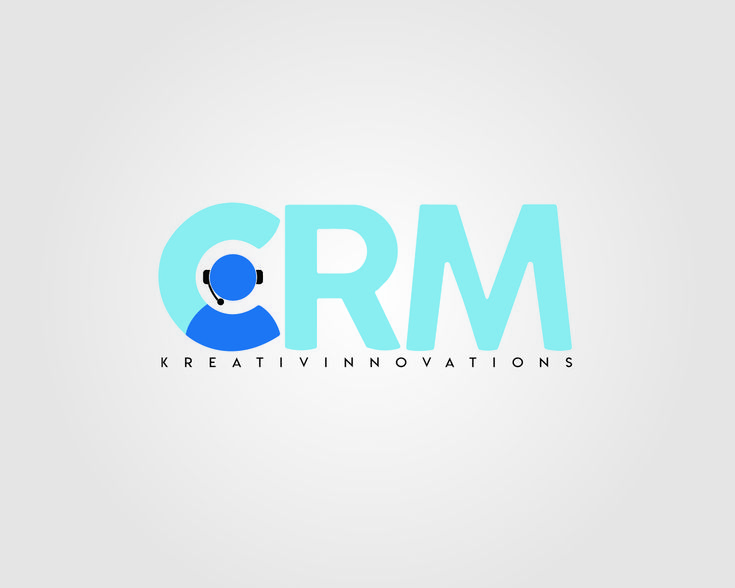Introduction to Customer Relationship Management (CRM)
In today’s competitive business landscape, Customer Relationship Management (CRM) has become indispensable for organizations striving to enhance customer satisfaction, loyalty, and profitability. The evolving dynamics of consumer behavior and the advent of cutting-edge technologies necessitate a reimagining of traditional CRM strategies. As we look ahead, the future of CRM promises to be transformative, integrating advanced technologies, innovative methodologies, and a customer-centric approach that redefines business success.
Technological Advancements Shaping the Future of CRM
Artificial Intelligence and Machine Learning
Artificial Intelligence (AI) and Machine Learning (ML) are revolutionizing CRM by enabling systems to analyze vast amounts of data, predict customer behavior, and personalize interactions. AI-driven chatbots and virtual assistants provide real-time support, enhancing the customer experience by resolving queries efficiently. ML algorithms analyze customer data to identify trends, preferences, and potential churn, allowing businesses to proactively address issues and tailor their offerings.
Big Data Analytics
Big Data plays a crucial role in the future of CRM by offering deep insights into customer behavior and preferences. With the ability to process and analyze massive datasets, companies can uncover patterns and trends that inform strategic decision-making. Big Data analytics enables the creation of highly personalized marketing campaigns, targeted product recommendations, and improved customer service, fostering stronger customer relationships.
Internet of Things (IoT)
The Internet of Things (IoT) is set to enhance CRM by providing real-time data from connected devices. IoT enables businesses to monitor product usage, gather feedback, and offer timely support, creating a seamless customer experience. For example, smart home devices can notify service providers of potential issues, allowing for proactive maintenance and reducing downtime for customers.
Cloud Computing
Cloud-based CRM solutions offer scalability, flexibility, and accessibility, making it easier for businesses to manage customer data and interactions. The future of CRM lies in leveraging cloud computing to integrate various customer touchpoints, ensuring a unified and consistent customer experience. Cloud-based systems also facilitate collaboration among teams, leading to improved customer service and operational efficiency.
Personalization and Customer-Centric Strategies
Hyper-Personalization
The future of CRM will be dominated by hyper-personalization, where businesses leverage data analytics and AI to deliver highly tailored experiences. Hyper-personalization involves understanding individual customer needs and preferences at a granular level, allowing for customized product recommendations, personalized marketing messages, and bespoke customer service interactions. This level of personalization not only enhances customer satisfaction but also drives loyalty and long-term engagement.
Customer Journey Mapping
Customer journey mapping is essential for understanding and optimizing the customer experience. By mapping out the various touchpoints and interactions a customer has with a brand, businesses can identify pain points and opportunities for improvement. The future of CRM will see more sophisticated journey mapping techniques, powered by AI and data analytics, enabling companies to create seamless and enjoyable customer experiences.
360-Degree Customer View
A comprehensive 360-degree view of the customer is crucial for effective CRM. This holistic perspective integrates data from various sources, including social media, purchase history, and customer interactions, providing a complete picture of the customer. With this information, businesses can anticipate customer needs, resolve issues promptly, and deliver a consistent and personalized experience across all channels.
Emerging Trends in CRM
Mobile CRM
With the increasing reliance on smartphones and mobile devices, mobile CRM is becoming essential for modern businesses. Mobile CRM solutions allow sales and support teams to access customer data and interact with customers on the go, improving responsiveness and productivity. The future will see more robust mobile CRM applications, equipped with AI-powered features and real-time analytics, enhancing the customer experience.
Social CRM
Social CRM integrates social media channels into traditional CRM systems, enabling businesses to engage with customers on platforms they frequently use. Social CRM helps in monitoring brand mentions, gathering customer feedback, and resolving issues in real-time. As social media continues to play a significant role in customer engagement, the future of CRM will see deeper integration with social platforms, facilitating more meaningful and interactive customer relationships.
Gamification
Gamification is an emerging trend in CRM, where game-like elements are incorporated into customer interactions to enhance engagement and loyalty. By rewarding customers for specific actions, such as making purchases or providing feedback, businesses can foster a sense of achievement and motivation. The future of CRM will likely see more innovative gamification strategies, creating enjoyable and rewarding experiences for customers.
Challenges and Opportunities in the Future of CRM
Data Privacy and Security
As CRM systems become more advanced, data privacy and security concerns will become increasingly important. Businesses must ensure that customer data is protected and comply with regulations such as GDPR and CCPA. The future of CRM will involve implementing robust security measures and transparent data practices to build trust with customers.
Integration and Interoperability
Integration and interoperability of various CRM systems and tools will be a critical challenge. Businesses need seamless integration of CRM with other enterprise systems such as ERP, marketing automation, and customer support platforms. The future will see the development of more interoperable solutions that enable smooth data flow and coordination across different functions, enhancing overall efficiency.
Adoption and User Training
The rapid evolution of CRM technologies requires continuous adoption and user training. Businesses must invest in training programs to ensure that employees are proficient in using new CRM tools and technologies. The future of CRM will involve more intuitive and user-friendly interfaces, reducing the learning curve and promoting widespread adoption.
Conclusion
The future of Customer Relationship Management is set to be transformative, driven by technological advancements and a focus on personalization. AI, Big Data, IoT, and cloud computing will play pivotal roles in shaping CRM strategies, enabling businesses to deliver exceptional customer experiences. As we move forward, embracing these innovations and addressing associated challenges will be key to achieving long-term success in CRM.


